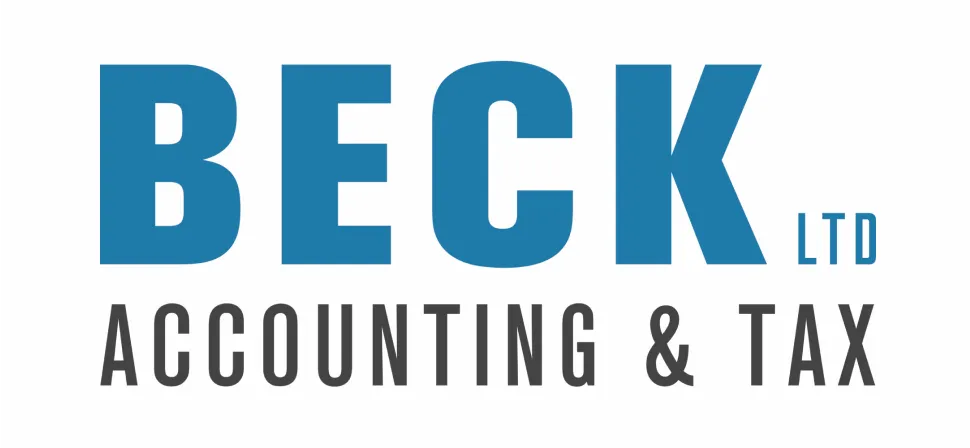
When it comes to running a business in Canada, understanding corporate taxes is crucial. Whether you’re a startup or an established company, knowing how corporate tax works can save you money and help you stay compliant with tax laws.
In this guide, we’ll break down the essentials of corporate tax in Canada, including federal and provincial tax rates, the Small Business Deduction, and practical tips for managing your corporate tax obligations.
What is Corporate Tax in Canada?
Corporate tax in Canada is a tax levied on the profits of corporations. Both federal and provincial governments impose corporate taxes, contributing to public services and infrastructure. The corporate tax rate you’ll pay depends on several factors, including the size of your business, the nature of your income, and the province or territory where your business operates.
Federal Corporate Tax Rates
At the federal level, Canada’s corporate tax system is relatively straightforward:
- Basic Federal Rate: The basic federal corporate tax rate is 38% of a corporation’s taxable income.
- Federal Tax Abatement: Corporations receive a 10% abatement, reducing the effective rate to 28%.
- General Tax Reduction: An additional 13% reduction is applied to eligible businesses, bringing the net federal tax rate to 15% for general active business income.
For Canadian-controlled private corporations (CCPCs) that qualify for the Small Business Deduction (SBD), the federal tax rate can be as low as 9% on the first $500,000 of active business income.

Provincial and Territorial Corporate Tax Rates
In addition to federal taxes, corporations must also pay provincial or territorial taxes. These rates vary significantly:
- Ontario: 3.2% on income eligible for the Small Business Deduction and 11.5% on general active business income.
- British Columbia: 2% for small businesses and 12% for general corporations.
- Alberta: 2% for small businesses and 8% for general corporations.
Each province sets its own corporate tax rates and business limits. Corporations need to keep an eye on these rates as they can change with new budgets and economic policies.
What is the Small Business Deduction (SBD)?
The Small Business Deduction (SBD) is a tax benefit designed for Canadian-controlled private corporations (CCPCs). This deduction allows eligible small businesses to benefit from a reduced federal tax rate of 9% on the first $500,000 of active business income.
Check Our Services: Small Business Consulting Services In Manotick & Ottawa
Eligibility Criteria:
- Must be a Canadian-controlled private corporation (CCPC).
- Active business income earned in Canada.
- The $500,000 business limit is shared among associated corporations.
- The deduction is gradually reduced if a corporation has taxable capital employed in Canada exceeding $10 million, and is completely eliminated at $15 million.
The SBD is particularly beneficial for small businesses, enabling them to reinvest savings into growth initiatives.
How to Calculate Corporate Tax in Canada?
To calculate your corporate tax liability in Canada, follow these steps:
Determine Taxable Income
Calculate your corporation’s income, deducting allowable expenses.
Apply Federal Tax Rates
Apply the basic federal rate, then subtract the federal tax abatement and apply the general tax reduction if eligible.
Account for SBD (if applicable)
If your business qualifies, apply the reduced rate on the first $500,000 of income.
Add Provincial Tax
Include the applicable provincial or territorial tax rate.
Calculate Total Corporate Tax Owed
Sum the federal and provincial tax liabilities.
Example:
For a CCPC with $600,000 in active business income in Ontario:
- Federal Tax: 9% on $500,000 (SBD) + 15% on $100,000 = $45,000 + $15,000 = $60,000
- Provincial Tax: 3.2% on $500,000 + 11.5% on $100,000 = $16,000 + $11,500 = $27,500
- Total Tax Liability: $60,000 (federal) + $27,500 (provincial) = $87,500

Recent Developments in Canadian Corporate Tax
2024 Updates:
Canada has introduced some changes to its corporate tax system, including:
- Incentives for Green Investments: Corporations investing in green technologies may benefit from additional deductions.
- Tighter Rules for Tax Avoidance: The government is cracking down on aggressive tax planning strategies.
- Digital Services Tax: Companies in the digital economy might be subject to new taxes.
Staying updated on these changes can help businesses optimize their tax strategies.
Tips for Managing Corporate Tax in Canada
- Work with a Tax Professional: A tax advisor can help you navigate complex tax rules and identify potential deductions.
- Keep Accurate Records: Maintain detailed financial records to support your tax filings.
- Plan for Tax Payments: Set aside funds throughout the year to avoid a financial crunch during tax season.
- Stay Informed: Regularly check for updates from the Canada Revenue Agency (CRA) and provincial tax authorities.
Maximize Your Savings with Smart Corporate Tax Strategies
Navigating the complexities of corporate tax in Canada doesn’t have to be overwhelming. By understanding the ins and outs of federal and provincial tax rates and leveraging opportunities like the Small Business Deduction, your business can stay compliant while minimizing its tax burden. Proactive tax planning and staying informed about policy changes can make a significant difference to your bottom line.
For expert guidance, partner with professionals who specialize in corporate tax strategies. At Beck Ltd, our team is ready to help you optimize your tax approach and boost your business’s financial health. Learn more about our corporate tax services and take the first step toward smarter tax management today!



